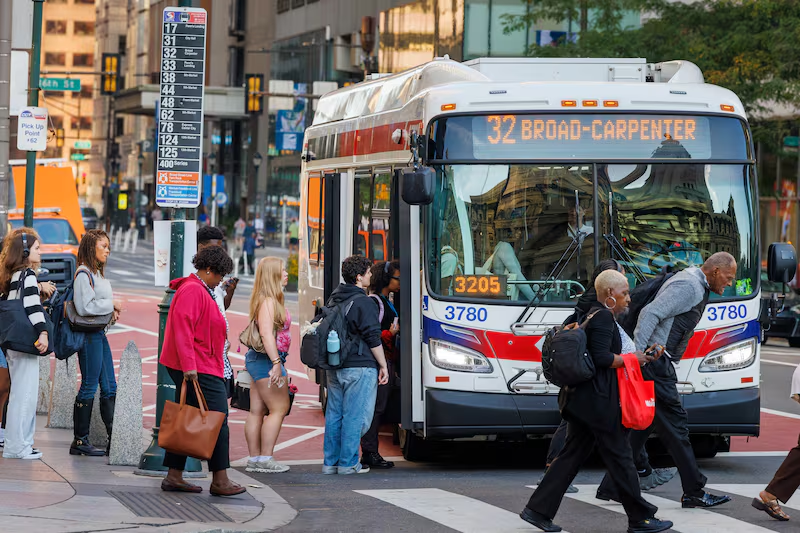For prospective students touring Eastern University, Admissions guides often highlight a key selling point of the school – location. Eastern’s website boasts a short 25 minute train-ride to the city of Philadelphia, providing important opportunities to Eastern’s student population. However, Eastern’s connections to Philadelphia were recently threatened by unstable transit funding. Earlier this year, the South Eastern Pennsylvania Transit Authority, or SEPTA, announced they were operating under a $213 million dollar deficit. Without further financial support, SEPTA said bus and rail operations in the Philadelphia area would be cut by 45%.
Without a clear promise of funding, SEPTA put a first wave of service cuts into effect on August 25th. A few days later, Attorney George Bochetto filed a lawsuit against SEPTA, putting a stop to further cuts set to take effect in early September. Bochetto claimed that the funding SEPTA called for was unnecessary, and revealed that the transit authority held a $300 million Service Stabilization Fund which could be used to repeal service cuts. SEPTA argued that they had already utilized most of this fund to keep remaining transit running, but ultimately, the judge did not rule in their favor. Though Judge Sierra Thomas Street allowed SEPTA to impart fare increases, she ordered the company to reverse all service cuts. SEPTA officials stated that these increases will still leave them operating under a deficit. If funding is not received soon, SEPTA may choose to appeal Street’s decision, sending the issue back to court.
Historically, state and federal authorities have allocated money to assist with SEPTA’s operations. However, current political battles have stopped the Pennsylvania government from awarding funding for transit this year. Democratic representatives have introduced three funding proposals, each failing to pass the Republican led Senate. One proposal introduced by Republicans was similarly rejected. However, a current Republican proposal has received some positive feedback from Democrats, though their support comes with major caveats.
Ultimately, the future of SEPTA is uncertain, but if the state cannot provide funding for SEPTA soon, cuts are still a possibility. The original cuts proposed a complete elimination of the Paoli-Thorndale line, which provides transit for Eastern students to the city. Students say this train line is an important part of their routines. “I babysit… It’s super convenient to just hop on the train and be there in 40 minutes!” Abby Laird a student RA, said. Similarly, students Sydney Shine and Daniel Carter consider SEPTA’s impact on working students. “Many people rely on these routes to get home, to get places that affect their jobs, affect their day-to-day lives,” Shine said. “I’m glad that services aren’t going to be cut… If it is cut anyways there might be a decrease in job attendance,” Carter said. As the state continues to wrestle with the question of funding SEPTA, Eastern students and Philadelphians are left anxiously wondering about the future of Philadelphia public transportation.

